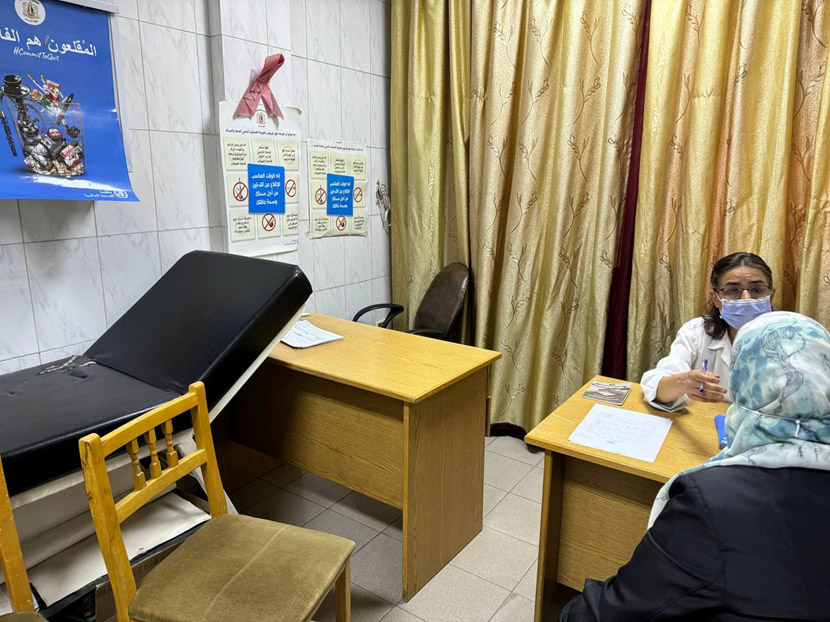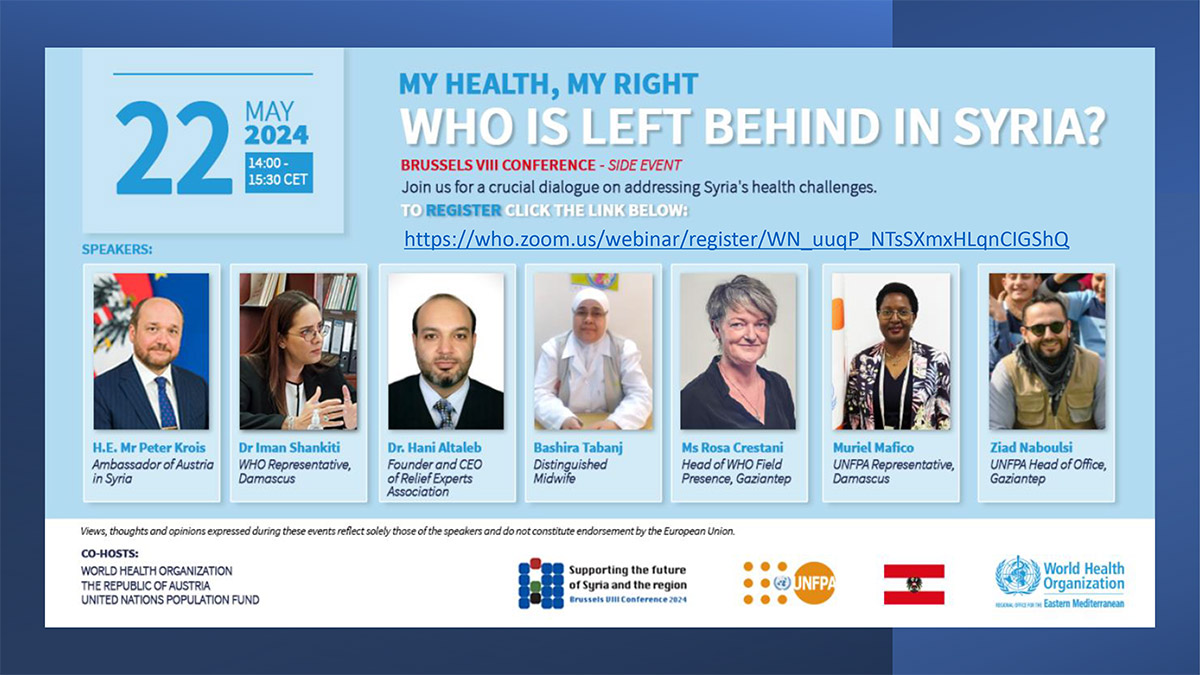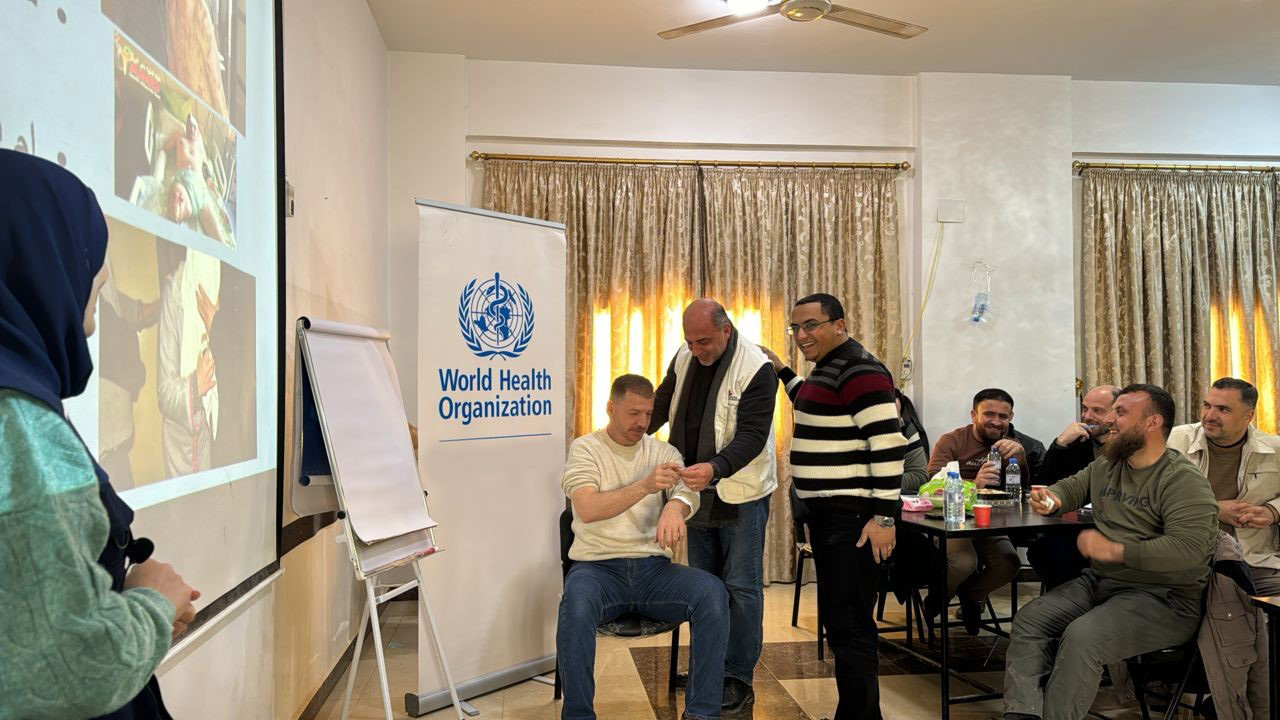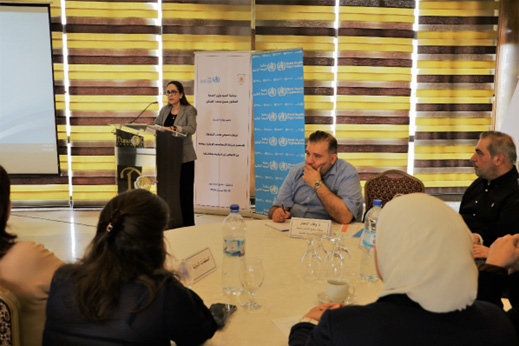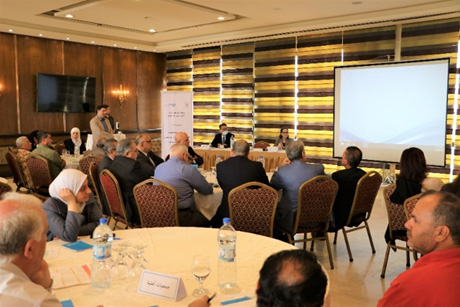9 June 2024, Cairo/Damascus -- The World Health Organization (WHO) is deeply concerned about the health situation in Al Hol Camp in Al-Hasakeh, Northeast Syria. Today marks one month since WHO’s field staff were denied access to the camp by the Camp Administration. This reportedly follows WHO’s decision to suspend hospital referrals for displaced people in the camp due to funding shortages.
Despite using all available channels of communication Camp Administration and relevant authorities, including persistent advocacy efforts through the United Nations Office for the Coordination of Humanitarian Affairs (UNOCHA), donors and Member States. However, the Organization’s access has not been restored.
The resulting situation directly endangers the lives and well-being of the vulnerable camp population and potentially exposes them to severe public health risks, including disease outbreaks which may increase during warmer months.
WHO reiterates its commitment to vulnerable populations. The Organization is maintaining its efforts to mobilize resources and restore critical services to the camp, including working with donors who are actively seeking to close the funding gap.
WHO’s humanitarian health activities in Al Hol camp extend beyond hospital referrals. Its services include health sector coordination, routine immunization, risk communication and community engagement (RCCE), water quality monitoring, disease surveillance and early warning, delivery of medical supplies, technical health expertise, and capacity building for health workers.
WHO urgently calls on its partners and the international community to support and advocate with relevant stakeholders in Northeast Syria to immediately restore WHO’s access to Al Hol camp. Unconditional access is essential for WHO to deliver on its public health mandate and mitigate the significant health risks in this already vulnerable setting.





